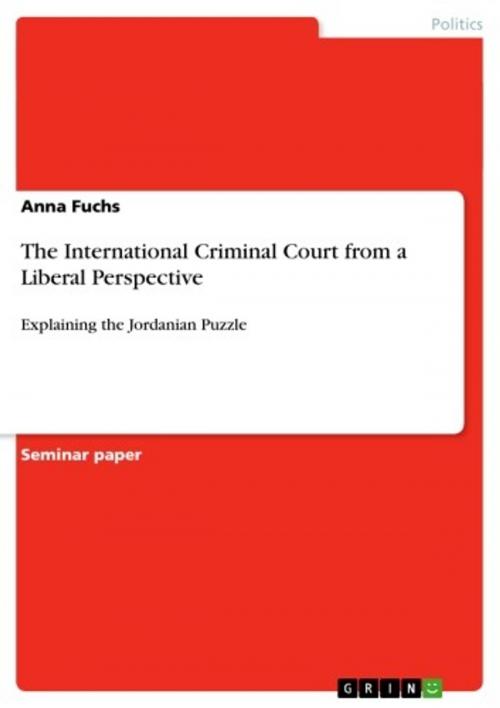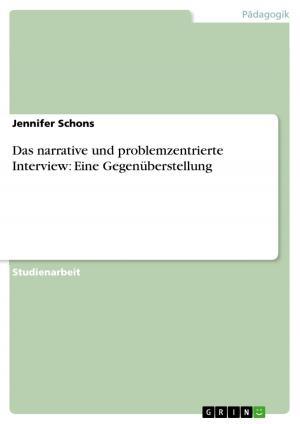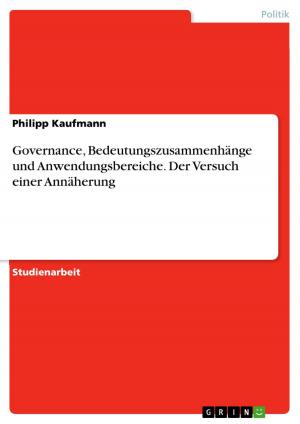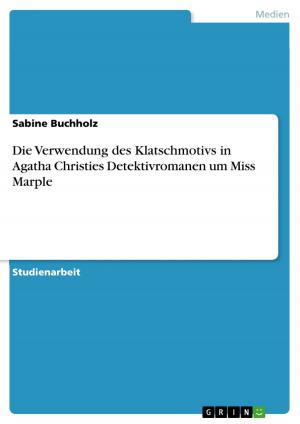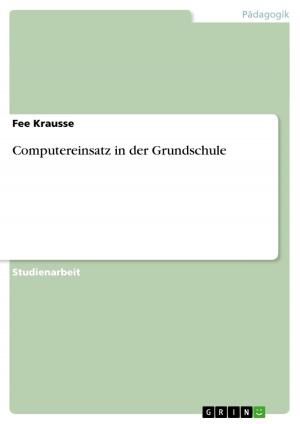The International Criminal Court from a Liberal Perspective
Explaining the Jordanian Puzzle
Nonfiction, Social & Cultural Studies, Political Science, International, International Relations| Author: | Anna Fuchs | ISBN: | 9783656388845 |
| Publisher: | GRIN Verlag | Publication: | March 12, 2013 |
| Imprint: | GRIN Verlag | Language: | English |
| Author: | Anna Fuchs |
| ISBN: | 9783656388845 |
| Publisher: | GRIN Verlag |
| Publication: | March 12, 2013 |
| Imprint: | GRIN Verlag |
| Language: | English |
Seminar paper from the year 2012 in the subject Politics - International Politics - Topic: International Organisations, grade: 1,3, University of Tubingen (Institut für Politikwissenschaft), course: Introduction to International Relations, language: English, abstract: [...] What seems to be the greatest puzzle about the 'ICC-story' is the fact that the Statute was adopted despite US opposition. It seemed impossible that an independent court could be created without the support of the US. And it is indeed remarkable that so many states agreed on a strong, independent ICC although the US also launched an active campaign against it and tried to pressure states into signing bilateral agreements in order to prevent US citizens from becoming subjects to ICC jurisdiction. But, in my opinion, this is not the only puzzle, because there was another state that acted differently than expected. This state is Jordan, who was the only Arab state not only to support the ICC but also to join the Like-Minded Group prior to the conference. It is not surprising that authoritarian regimes opposed the court. It is surprising however, that Jordan was the exception to that rule and I think that decision deserves to be examined further. While republican liberalism offers an explanation to US behavior regarding the ICC, it fails at explaining the Jordanian case. It predicts that authoritarian regimes will side with well established democracies in opposition to binding international human rights regimes. Although this did not count for Jordan, I still think that liberalism can explain why the Kingdom supported the ICC. In order to prove this hypothesis, I will outline the basic assumptions of (republican) liberalism. Afterwards I will briefly describe the political, economic and societal situation in Jordan in order to identify the aspects needed to apply the theory. Finally, I will show how liberalism can explain why Jordan as an authoritarian regime supported the ICC although it was not 'supposed to'.
Seminar paper from the year 2012 in the subject Politics - International Politics - Topic: International Organisations, grade: 1,3, University of Tubingen (Institut für Politikwissenschaft), course: Introduction to International Relations, language: English, abstract: [...] What seems to be the greatest puzzle about the 'ICC-story' is the fact that the Statute was adopted despite US opposition. It seemed impossible that an independent court could be created without the support of the US. And it is indeed remarkable that so many states agreed on a strong, independent ICC although the US also launched an active campaign against it and tried to pressure states into signing bilateral agreements in order to prevent US citizens from becoming subjects to ICC jurisdiction. But, in my opinion, this is not the only puzzle, because there was another state that acted differently than expected. This state is Jordan, who was the only Arab state not only to support the ICC but also to join the Like-Minded Group prior to the conference. It is not surprising that authoritarian regimes opposed the court. It is surprising however, that Jordan was the exception to that rule and I think that decision deserves to be examined further. While republican liberalism offers an explanation to US behavior regarding the ICC, it fails at explaining the Jordanian case. It predicts that authoritarian regimes will side with well established democracies in opposition to binding international human rights regimes. Although this did not count for Jordan, I still think that liberalism can explain why the Kingdom supported the ICC. In order to prove this hypothesis, I will outline the basic assumptions of (republican) liberalism. Afterwards I will briefly describe the political, economic and societal situation in Jordan in order to identify the aspects needed to apply the theory. Finally, I will show how liberalism can explain why Jordan as an authoritarian regime supported the ICC although it was not 'supposed to'.
